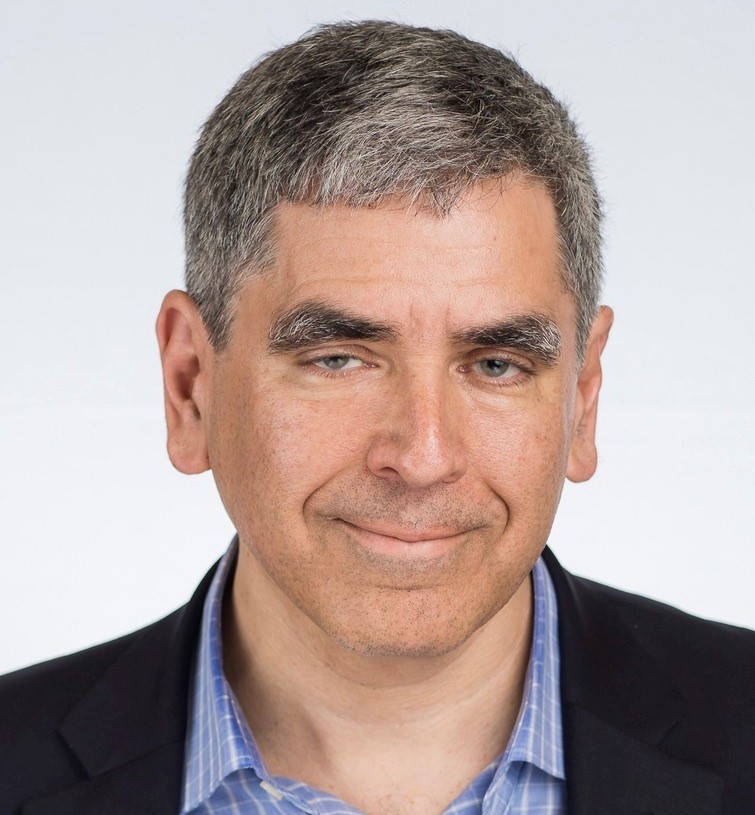In The Career Arts: Making the Most of College, Credentials & Connections, Ben Wildavsky explores the skills and experiences that best position learners for today’s world of work. Drawing on research, interviews and personal insights, he notes that today’s graduates increasingly require a combination of higher education credentials, hands-on experiences and a diverse network to navigate their careers.
Given alignment with the polytechnic model of education, we are delighted to have Ben Wildavsky attend the 2025 Polytechnic Showcase as our closing keynote. In addition to a complimentary copy of Wildavsky’s book, delegates will learn about his newest work which explores global approaches to flexible skills development and lifelong learning. Wondering what to expect? Here’s a brief summary of The Career Arts, which is divided into three sections.
College
Wildavsky emphasizes the value of a traditional post-secondary education, which generally focuses on developing a broad skillset that includes critical thinking, creativity and problem-solving. While many young learners and their families question the value of a degree given the cost and time commitment, Wildavsky points to data that continue to show superior economic outcomes for those who complete a degree. The broader skills and experience gained during post-secondary studies – particularly where learners are exposed to work-integrated learning, get involved on campus and take part-time jobs – provide graduates with the real-world experience that helps put classroom learning into context. He suggests that these experiences help develop versatility and ensure learners have transferrable skills that continue to serve them in professional roles.
Credentials
Yet, to get a running start in today’s job market, Wildavsky points to graduate credentials and specialized training that many employers are seeking in new hires. He points to non-traditional credentials and alternative educational programs – including online courses and boot camps – that supplement formal degrees in some fields and put those candidates who have them in particularly high demand. In fields such as technology, healthcare and business, for example, specialized programs can provide a competitive edge because skills have immediate relevance to workplace requirements. He notes, however, that in a crowded market of alternative credentials, it is rarely clear which ones will pay dividends in the workforce. Institutions with strong labour market connections are ideally positioned to guide learners.
Connections
In the book’s final section, Wildavsky explores the power of networking and the importance of professional relationships to advancing one’s career. He notes that both traditional networking and social media offer opportunities to create meaningful connections that have career benefits. Because family connections and friends rarely offer exposure to diverse networks, he points to mentorship and alumni networks as additional ways to expand a graduate’s reach. He encourages learners to actively cultivate and maintain a wide range of relationships for long-term career success.
This book is simply and clearly written, outlining a pragmatic approach to career readiness with practical advice and strategies for navigating a complex modern job market. Wildavsky encourages a proactive, holistic approach to career development, reminding us that success generally requires a blend of education, credentials and people with a desire to help you get where you want to be.

